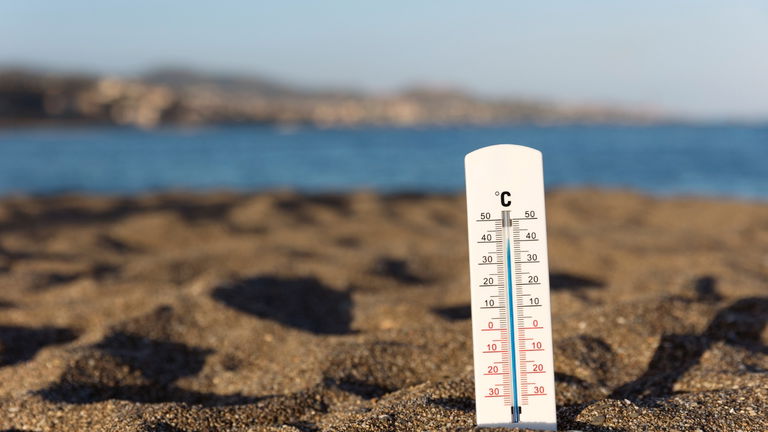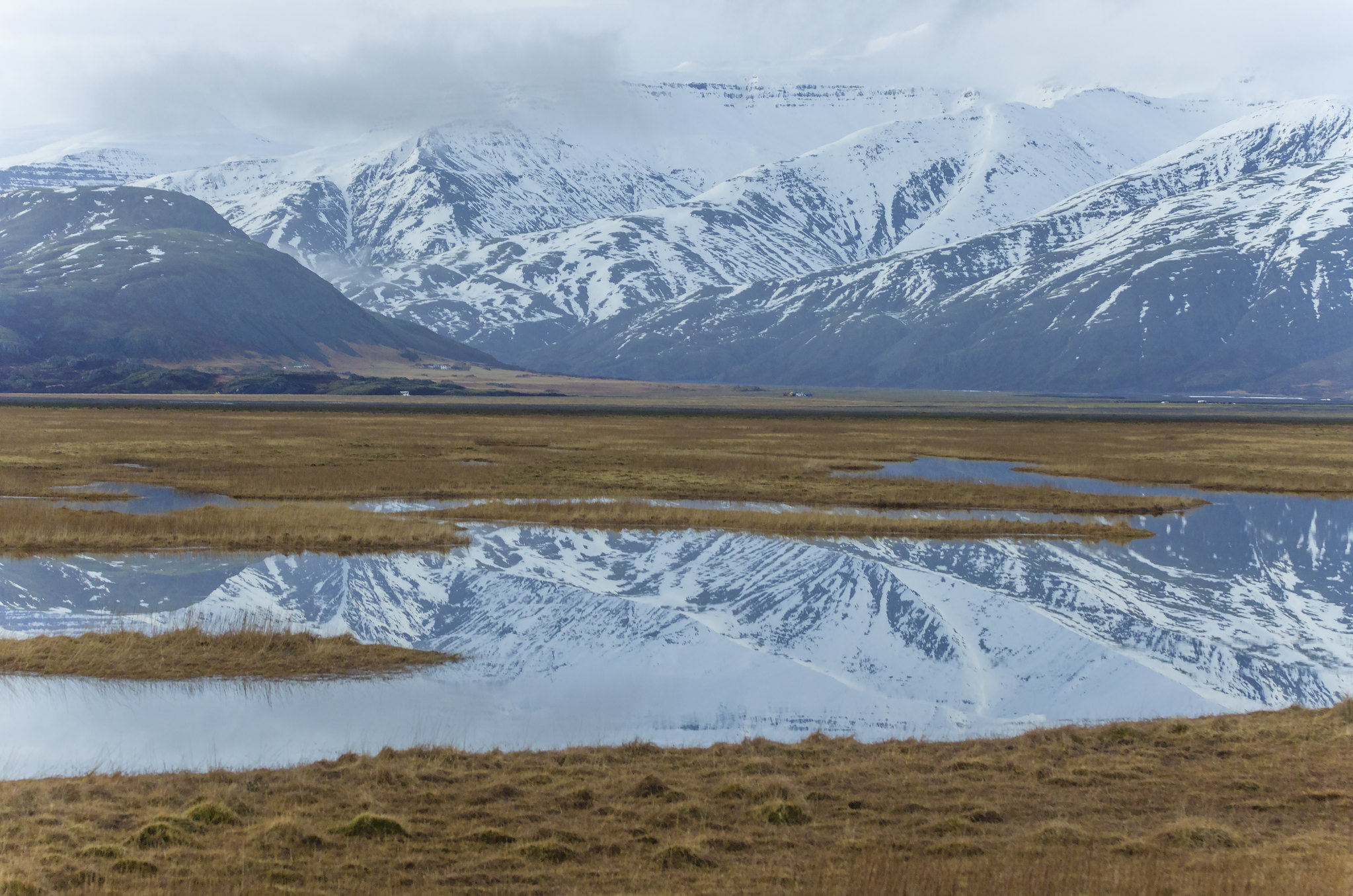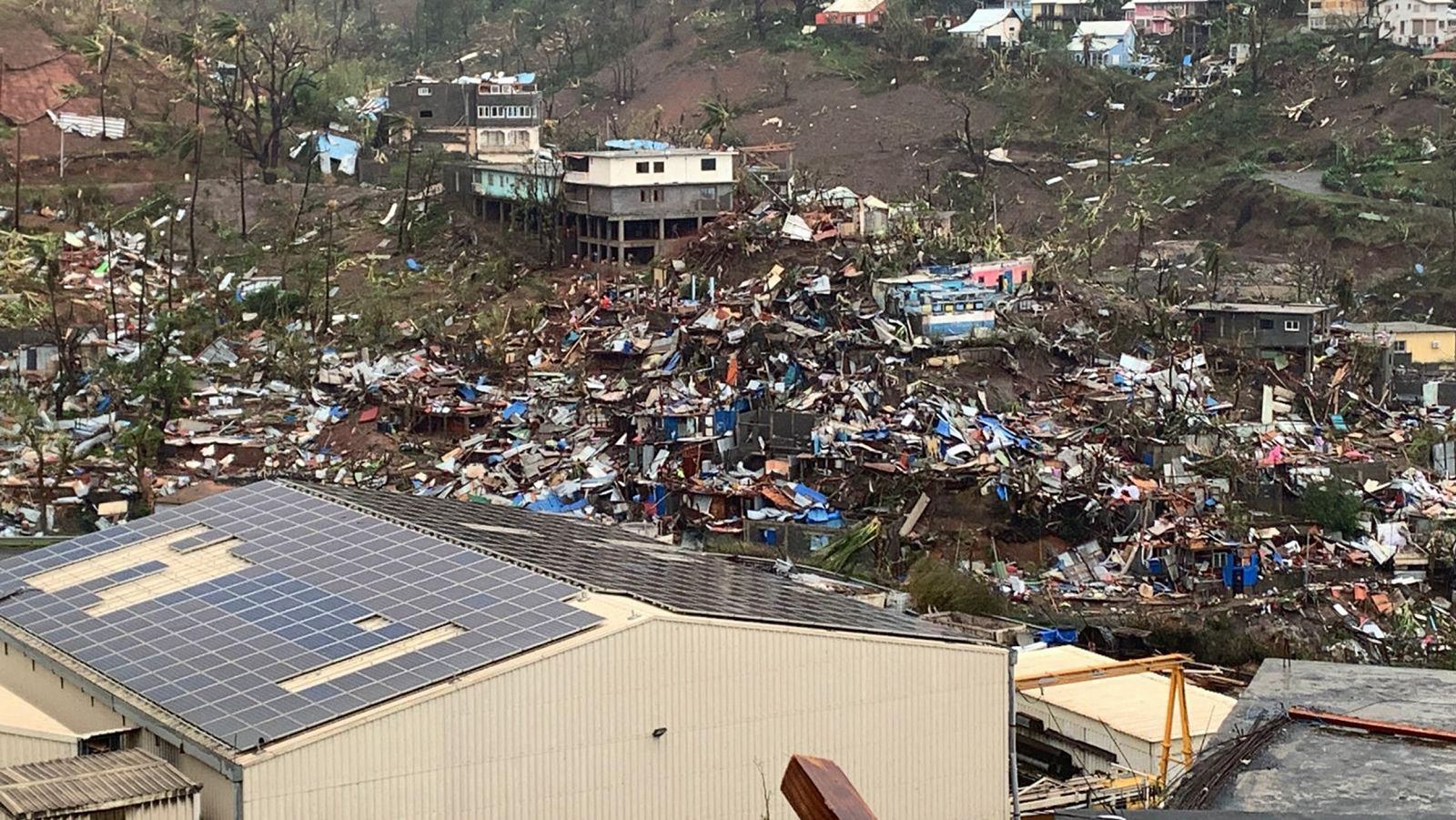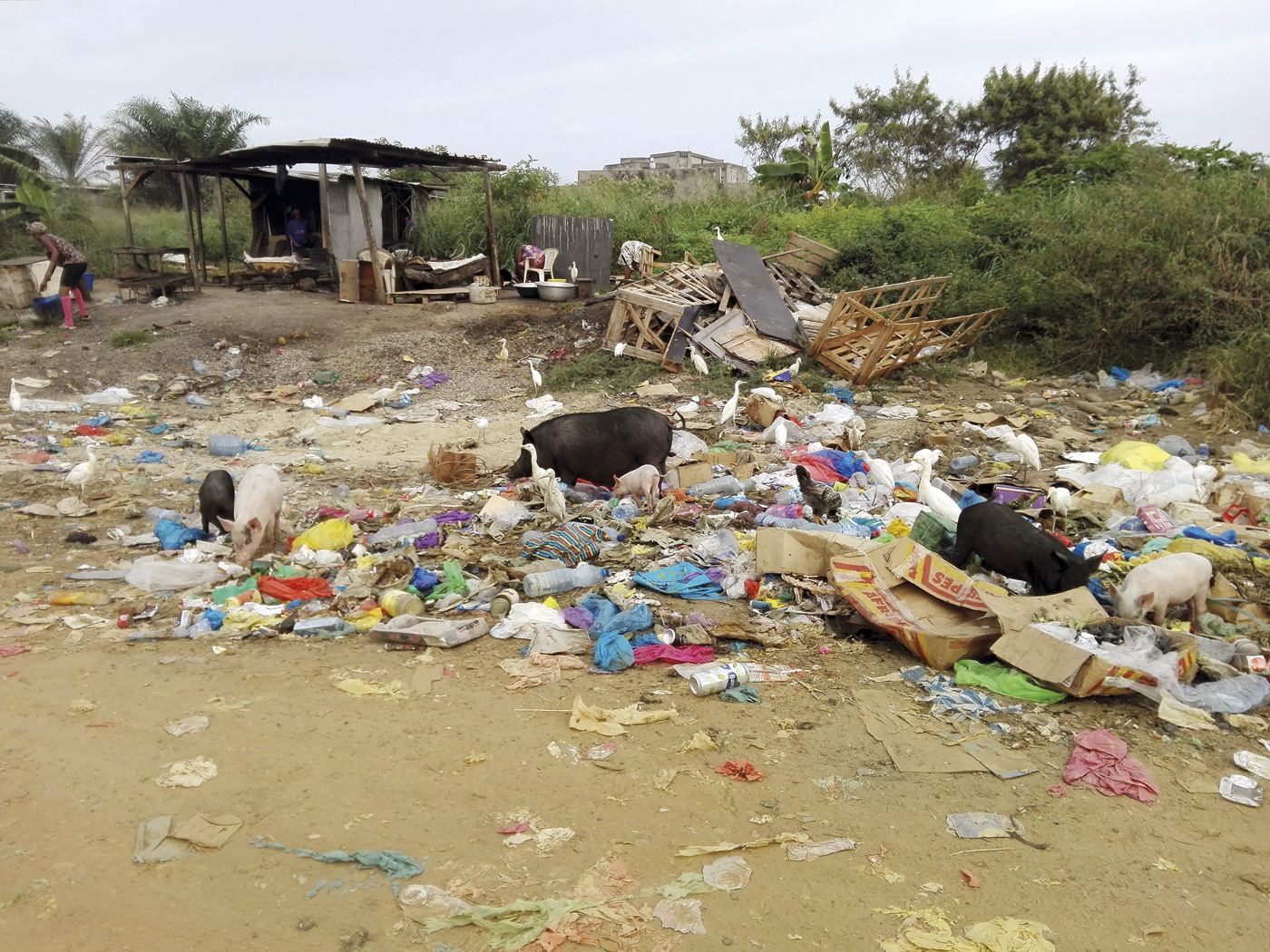It is the first time the European Court of Human Rights has punished a state in a climate emergency
- Strasbourg has punished Switzerland with the conviction that the climate policy pursued by this State infringes the right to health of the elderly and of citizens in general. The resolution has been applauded by environmental groups and individuals and, as they say, it will have consequences for the rest of the States, not least because pressure will increase towards daring climate policies.

Sixteen votes for and one against. This is how the judges of the European Court of Human Rights, in the case of Switzerland, have been found, which, because of the scant measures taken for the climate emergency, violates article 8 of the Convention on Human Rights, respect for private life and family life. The resolution has been described as historic by ecological groups and individuals, firstly because for the first time the European Court of Human Rights is punishing a state on the climate issue. This means that it establishes a relationship between greenhouse gas emissions and human rights, and shows that the lack of sufficient measures to reduce emissions violates the European Convention on Human Rights.
The complaint was filed by the Swiss association Schweiz, of Klima Seniorinn, in favor of the Climate Protection of Elderly Women, and four elderly women, as a consequence of the damage caused by the climate emergency in their lives and complement. At first they brought the matter to Swiss Justice and, after a long six year journey, they went to the highest state level. Lost to the Federal Court, the case was transferred to Strasbourg and the hearing passed on 29 March this year. "We can be proud, the Hearing has recognised our fundamental right to a healthy climate and to have our country do what it has not done so far," said Anne Mahrer's co-chair.
According to Joana Setzer, expert in the climate emergency, "although the resolution directly affects, in European states its dissemination will be felt worldwide. It will be a fundamental reference for courts around the world, as it will serve to interpret the human rights obligations of states in the field of climate action." His great political and legal weight, which becomes jurisprudence, does not force him to anything, and that is probably the great nuance thrown by ecologists: "The Hearing has warned us that the Swiss State does not do enough, but does not tell him what to do. In this sense, I think it has the value of a declaration, rather than an obligation," says Marta Torre-Schaube, an expert in environmental law.
Two other issues rejected
As part of the climate emergency policies, the Strasbourg Court, on 9 April, issued resolutions on the other two complaints. On the one hand, the complaint lodged by six Portuguese young people against 32 European states, the 27 of the European Union, the United Kingdom, Norway, Switzerland, Russia and Turkey. After the 2017 food fires, they went to court. Strasbourg has decided not to punish the State because the plaintiffs have breached the rule that he issued: first they had to go to all the courts in the country where the complaint was lodged. However, according to the six young people, the climate should not be applied in emergency cases.
On the other hand, it was a day to hear the judgment on Damien Carem’s complaint from the courts of the French people of Grande-Synthe. Grande Synthe is a town located on the northern coast of France and, according to an Old Testament between 2001 and 2009, the climate has become a "vulnerable place" due to the impact of the emergency. In 2018 he asked the Government of France for measures to reduce CO2 emissions, but Elíseo, in understanding that he did not "respond sufficiently" to his request, started a judicial route, considering himself a "victim". In order not to deal with the case, Strasbourg argues that it is no longer a "victim" because there is nothing more than living entirely in the people. In the face of the climate emergency, scientific research indicates that Grande-Synthe will submerge within 30 years.
There was no one or all. That we all suffer at least if the necessary changes are not made so that no one suffers the climate emergency. You – reader – I – Jenofá-, they – poor – and they – rich. The fires in Los Angeles did not give me satisfaction, but a sense of... [+]
The understanding and interpretation of the mathematical language is what is important in the learning process, at least it is what we say to our students. The language of mathematics is universal, and in general, the margin of error for interpretation tends to be small. We... [+]












-(1).jpg)









